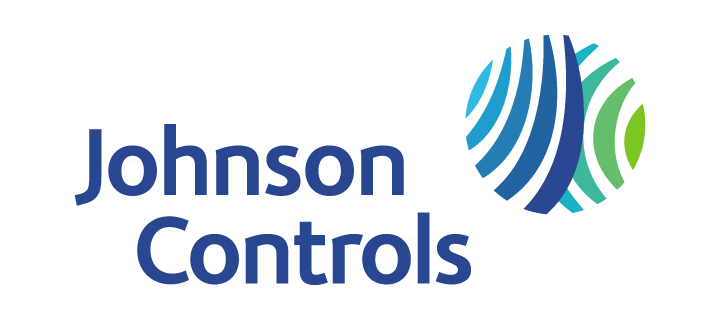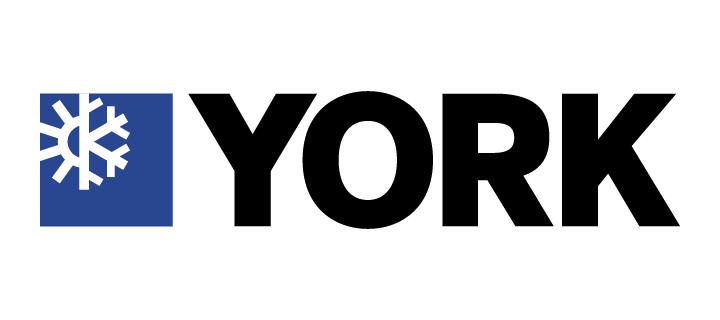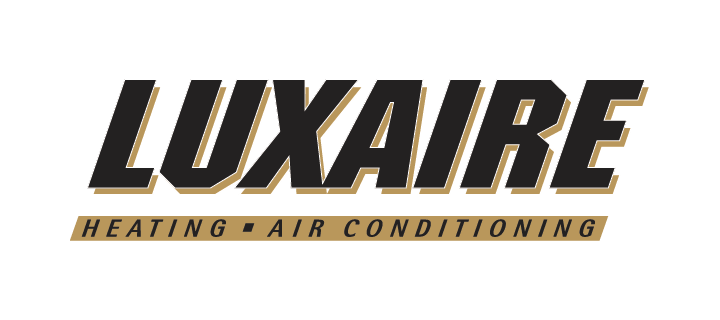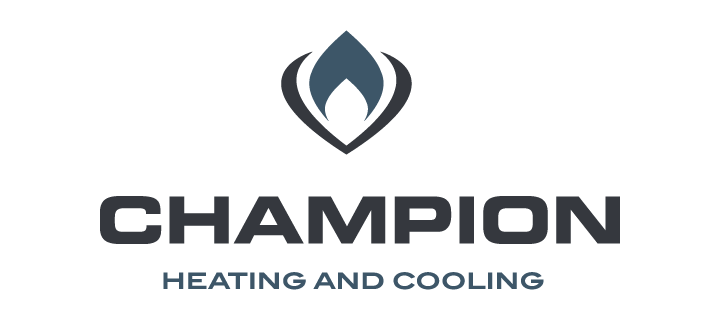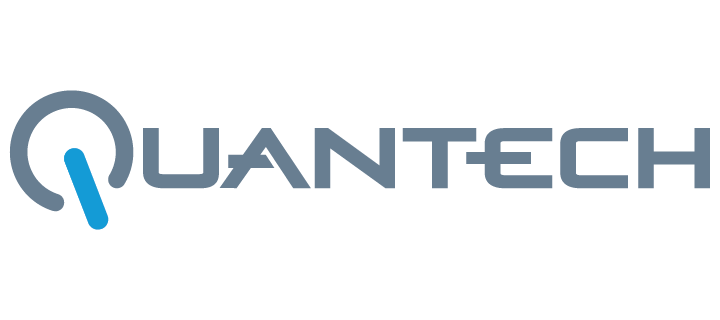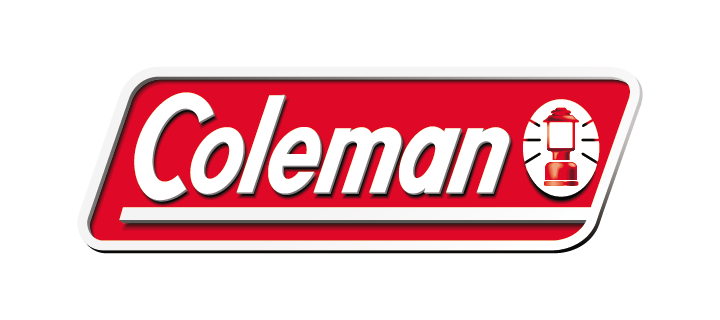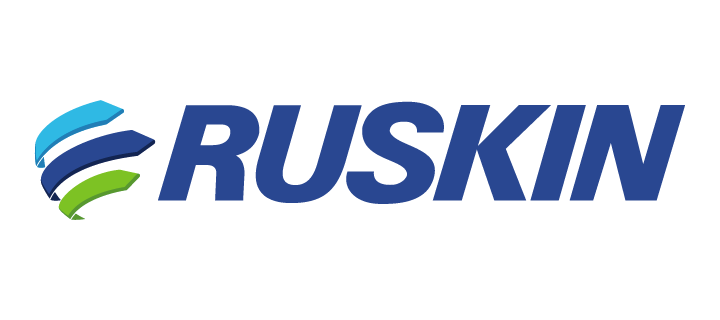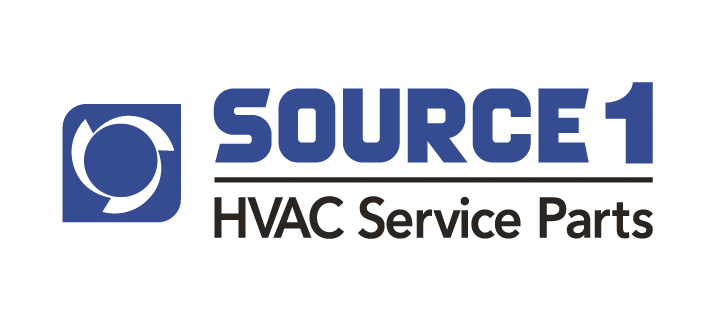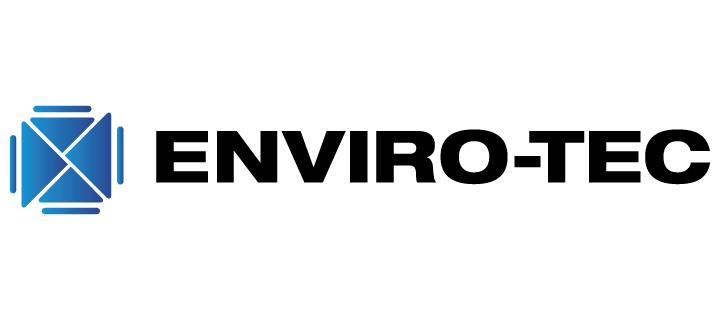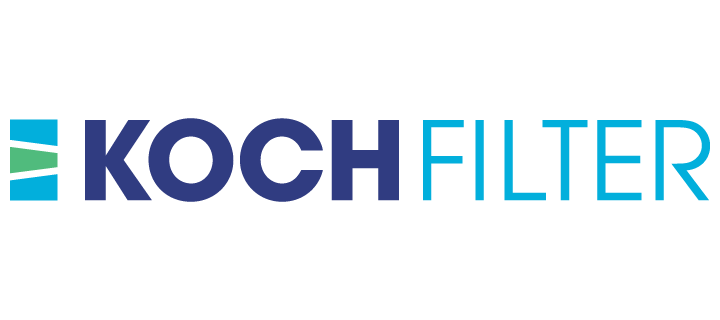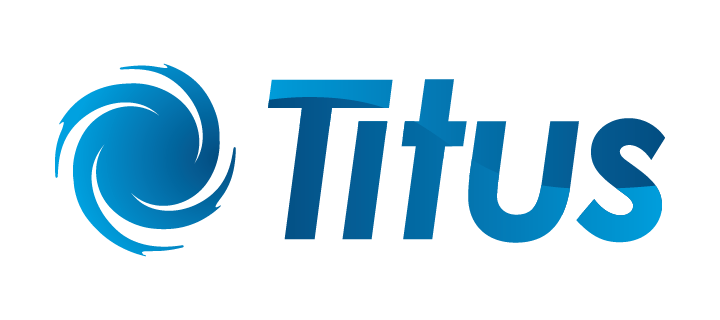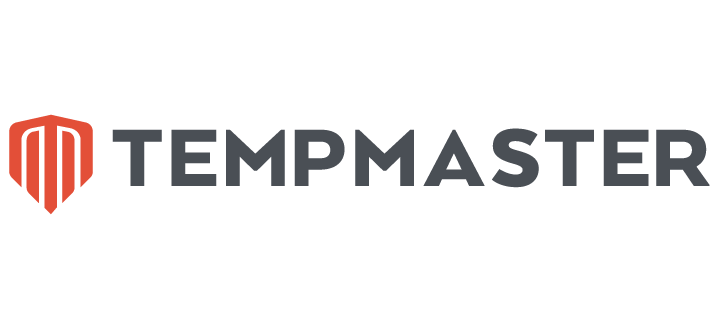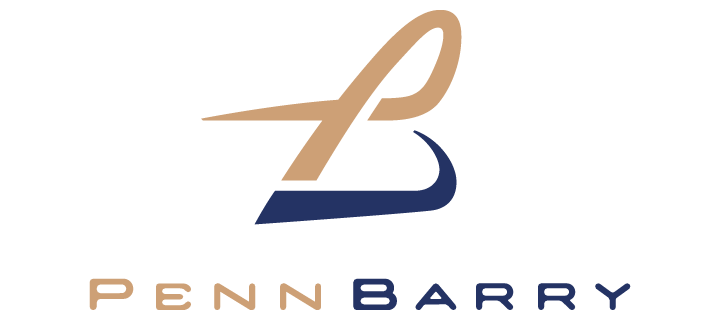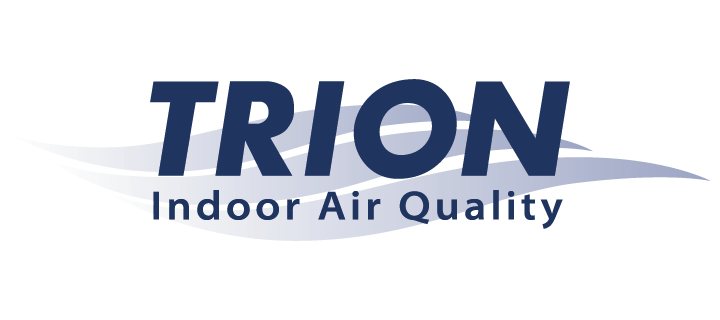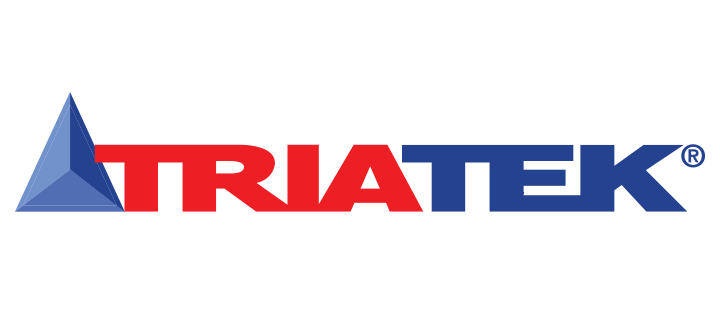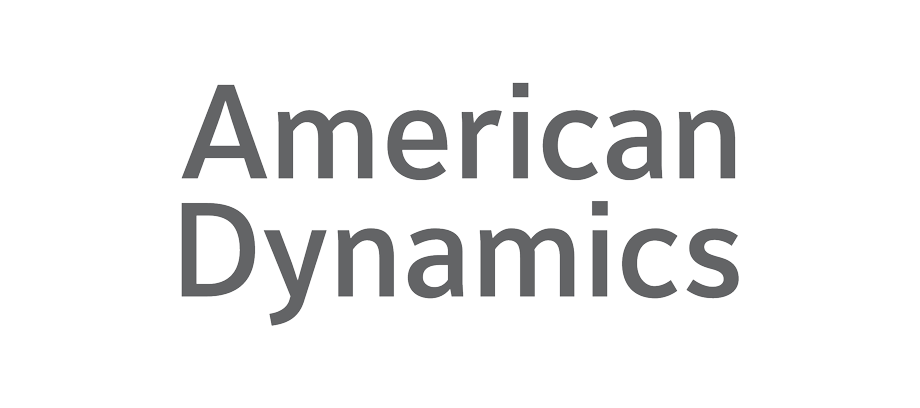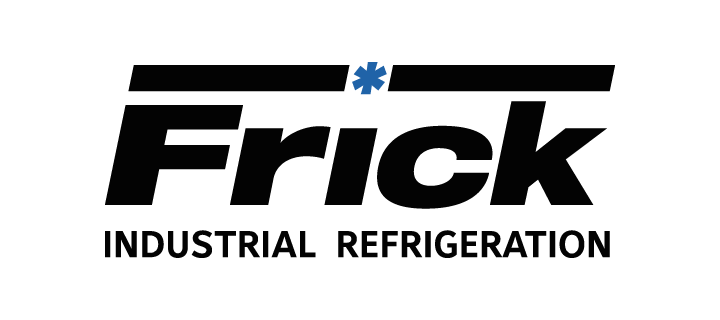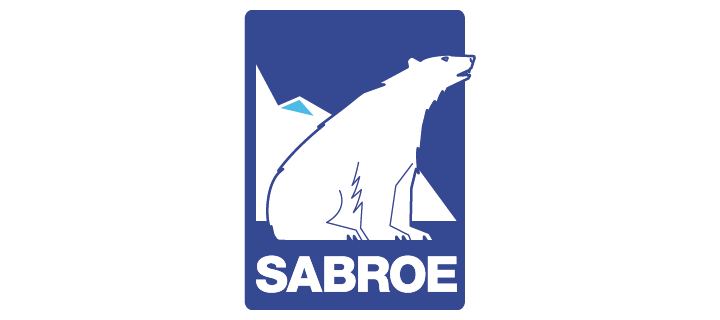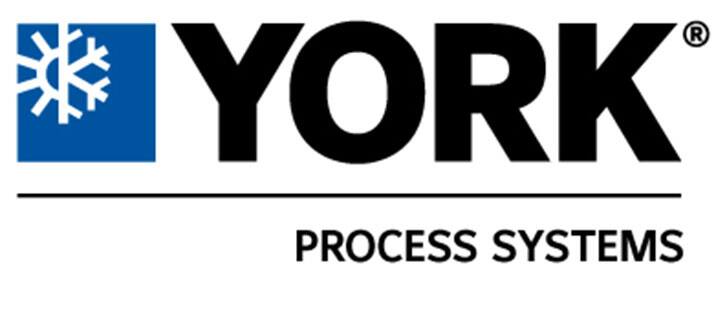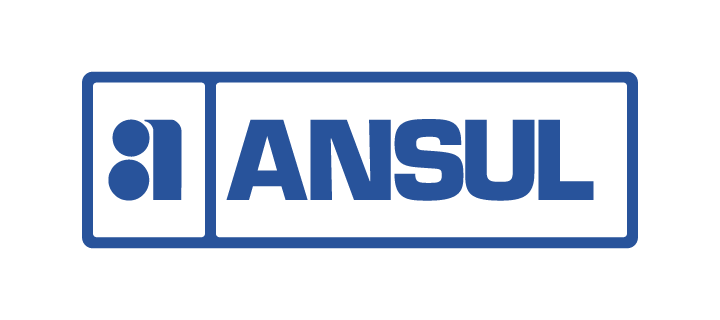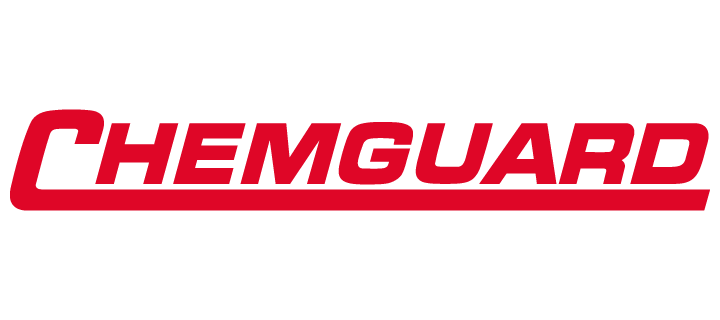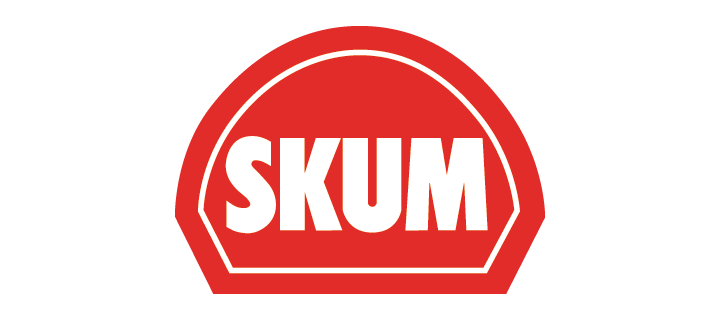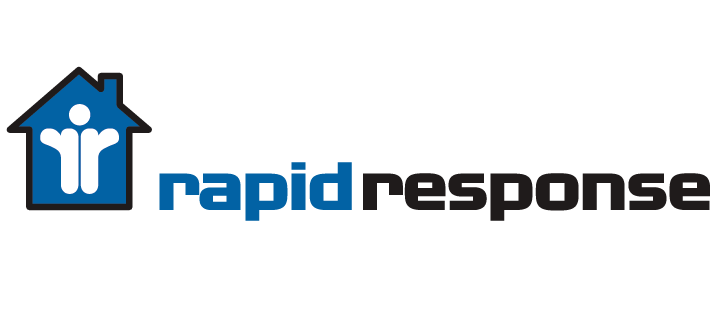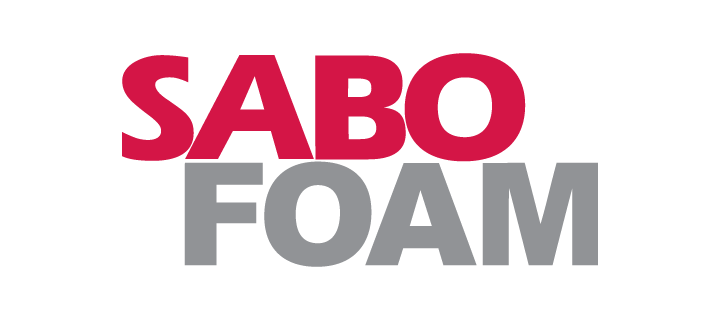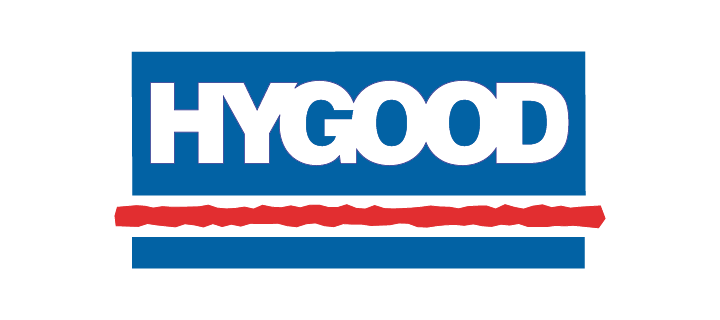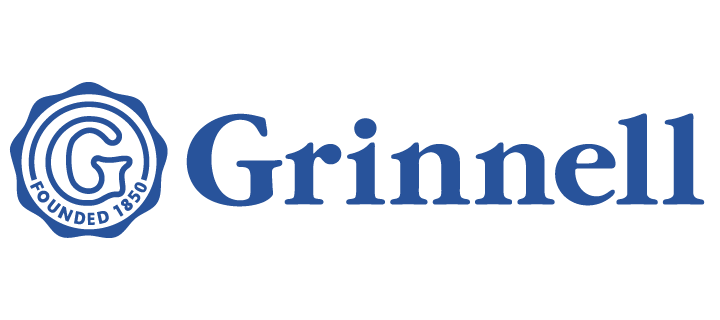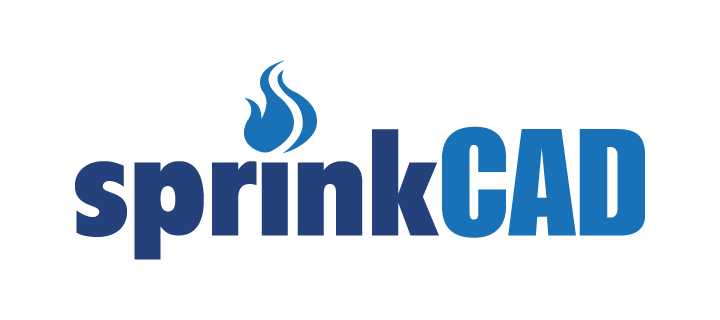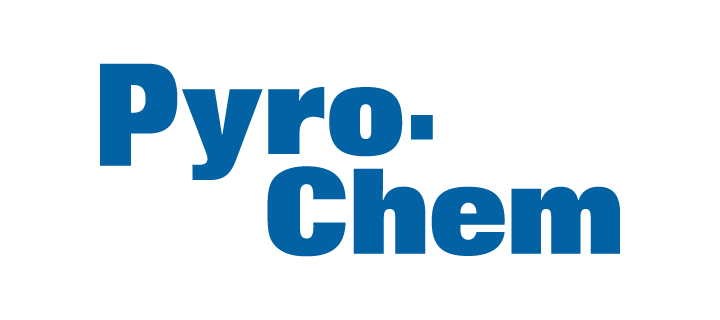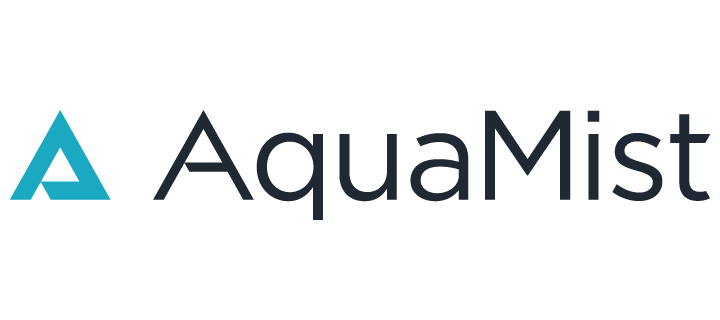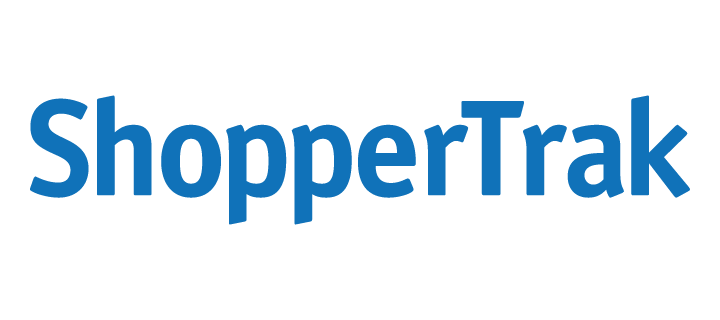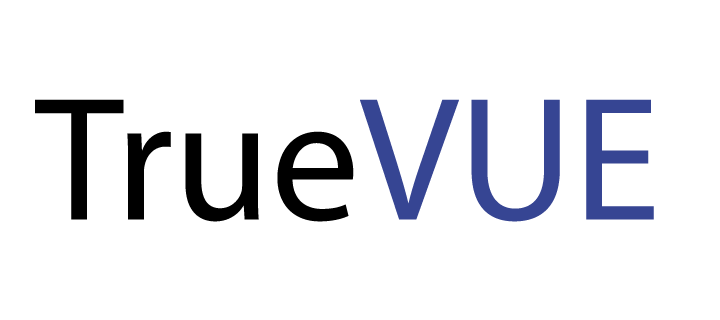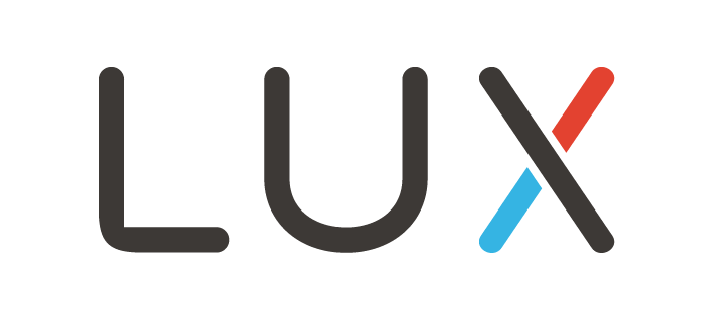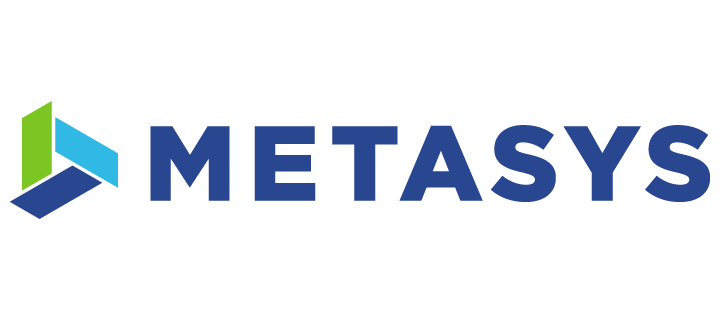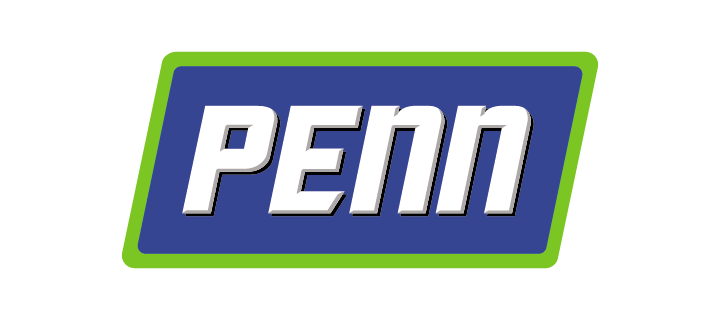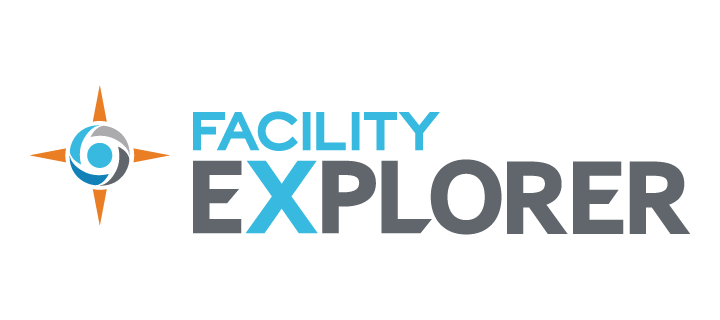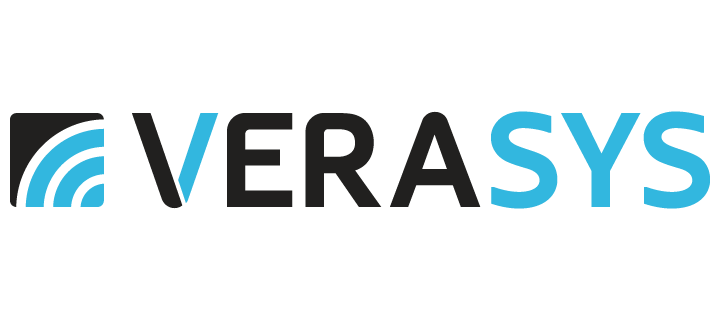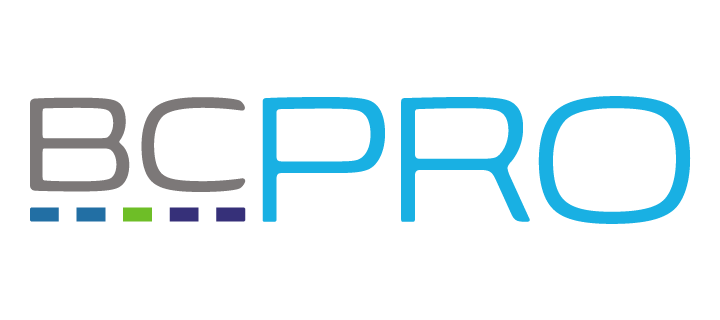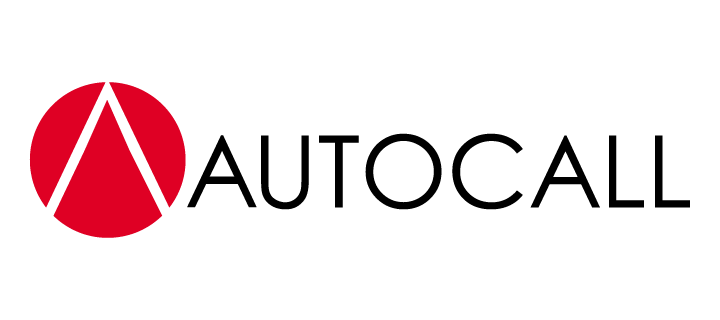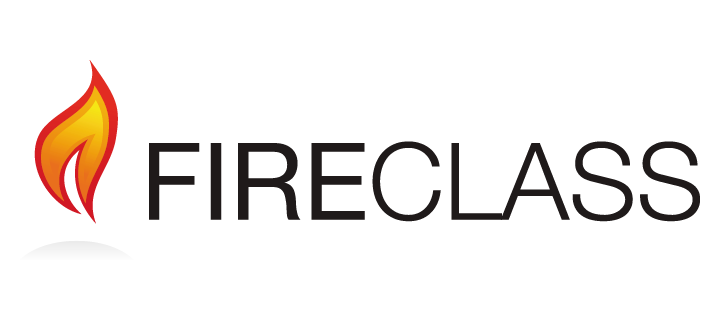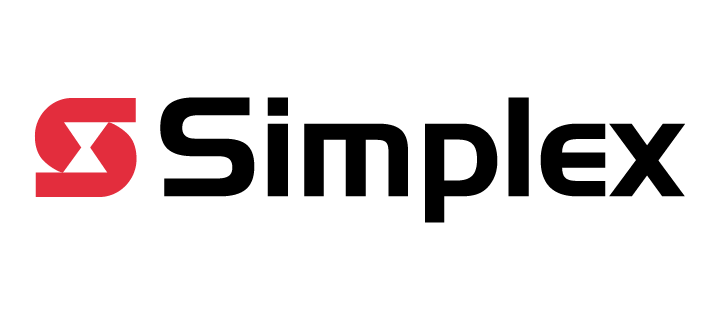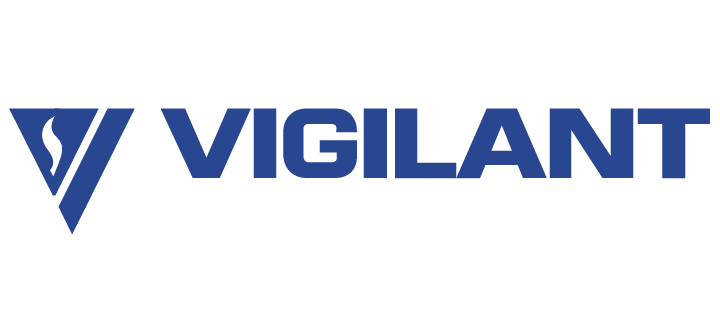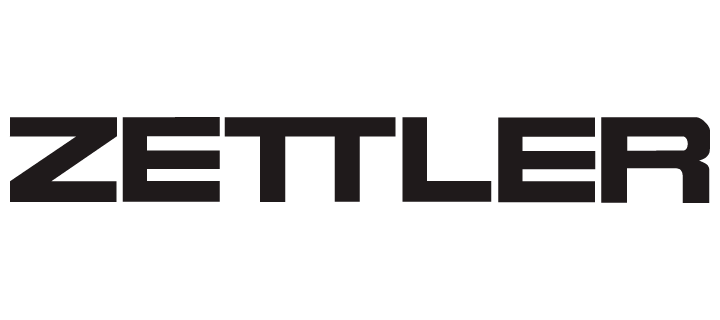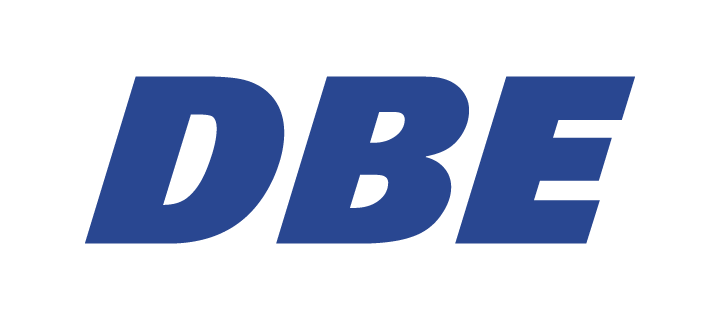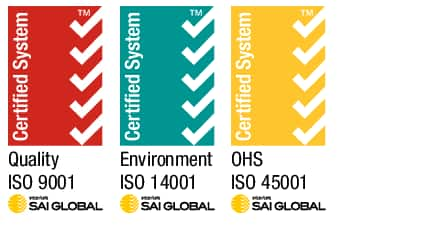Johnson Controls gains WORK180’s nod as Australia’s top 101 workplaces for women

Johnson Controls’ Australia team celebrates International Women’s Day 2023
Johnson Controls is among the top 101 workplaces in Australia for women in 2023, according to WORK180, an international job network that champions workplace equity. Other notable employers include professional consulting services firm EY, biotechnology company CSL and wealth management company Netwealth.
In its latest research, WORK180 scored employers against ten workplace standards to identify companies that walk the talk when it comes to creating equitable workplaces. As WORK180’s CEO Gemma Lloyd has pointed out: “Many women have been disillusioned by empty promises from employers when it comes to flexibility … and four in five women want to know what employers are actually doing to create a diverse and inclusive workplace.”
Johnson Controls and 100 other employers were scored on ten workplace equity standards, including:
Inclusive Hiring Practices
Creating a diverse, equitable and inclusive organisation starts with the hiring process. This applies to the adoption of fair and transparent hiring processes that empower women of all backgrounds and experiences to apply and know they will be genuinely considered.
This can be achieved through inclusive job advertisements, a focus on transferable skills, clear selection and shortlisting processes, and balanced interview panels. Employers are encouraged to draw on candidate feedback to continuously review and improve the overall experience.
Strategic Commitments
Formalising a company’s ambition to build and maintain a diverse, equitable and inclusive organisation through strategic commitments is an important driver of positive change. WORK180 keeps organisations accountable by publicising their progress on its platform.
Representative Leadership
An increased focus on achieving diversity in leadership will have the greatest impact, in both the short and long term. Organisations are benchmarked on their progress on balanced leadership in all its forms, whether it’s achieved through targets and quotas, internal succession planning, or other initiatives.
Inclusive and Anti-discriminatory Culture
Employers are encouraged to proactively build inclusive and anti-discriminatory cultures. This involves removing any social, physical, or mental barriers that may prevent individuals from feeling safe, comfortable, confident, or able to fully contribute in the workplace. Some examples include policies relating to work attire and acceptable workplace behaviour, or the provision of dedicated spaces, like private pumping rooms for working mothers or accessibility options for employees with disabilities.
Employee Voice & Employee Resource Groups (ERGs)
Employee voice is integral to building an equitable and inclusive organisation. This includes encouraging employees, particularly those from underrepresented groups, to share their experiences, insights, and ideas. Examples of such initiatives include Employee Resource Groups (ERGs), regular staff engagement exercises, or ‘Ask Me Anything’ sessions.
Shared Caring Responsibility
To enable women to thrive in the workplace, it is critical to creating a culture that supports equal and shared responsibility for parents and careers — regardless of gender. By adopting gender-neutral parental policies and return-to-work programs, for instance, employers can support their workforce while removing damaging stereotypes.
Career Development
Employers have to look beyond hiring alone to address the current underrepresentation of women in science, technology, engineering, mathematics and medicine (STEMM) industries. It is equally important that employers nurture and retain the women within their organisations through career development support that builds confidence, skills, networks and direction. Some initiatives include coaching and mentoring programs, education and training opportunities as well as formalised growth and succession planning.
Pay Equity
Unequal access to opportunities continues to result in pay gaps between genders, races and ethnicities. For example, many women across the globe receive no pension, superannuation, or equivalent during their parental leave. Furthermore, due to systemic discrimination, pay gaps are compounded for women from underrepresented groups.
Flexible Working Arrangements
From remote work to adjusted hours, companies that offer flexibility in workplace arrangements can help every employee overcome workplace barriers and thrive. By normalising flexibility for every employee, such as helping employees manage the domestic load, these approaches reduce the stigma attached to the practice for those that need it. Promoting shared responsibility of unpaid care is crucial in the fight for gender equity.
Employee Safety and Support Services
Women and underrepresented groups often face a multitude of barriers to the workplace, ranging from domestic and family violence to ageism and ableism. Employers are urged to recognise the role they play in the systemic removal of such barriers while offering robust (often external) support for those impacted. This includes adopting Domestic Violence and Abuse (DVA) policies, as well as internal health and well-being programs at the workplace that provide independent and anonymous support.
Each of the 101 employers has committed to transparency on what they offer across these standards and is focused on continuous improvement (because no employer is perfect!).
See how Johnson Controls measured up: https://work180.com/en-au/for-women/employer/johnson-controls.
Link to article: https://work180.com/en-au/blog/australias-top-101-workplaces-for-women

